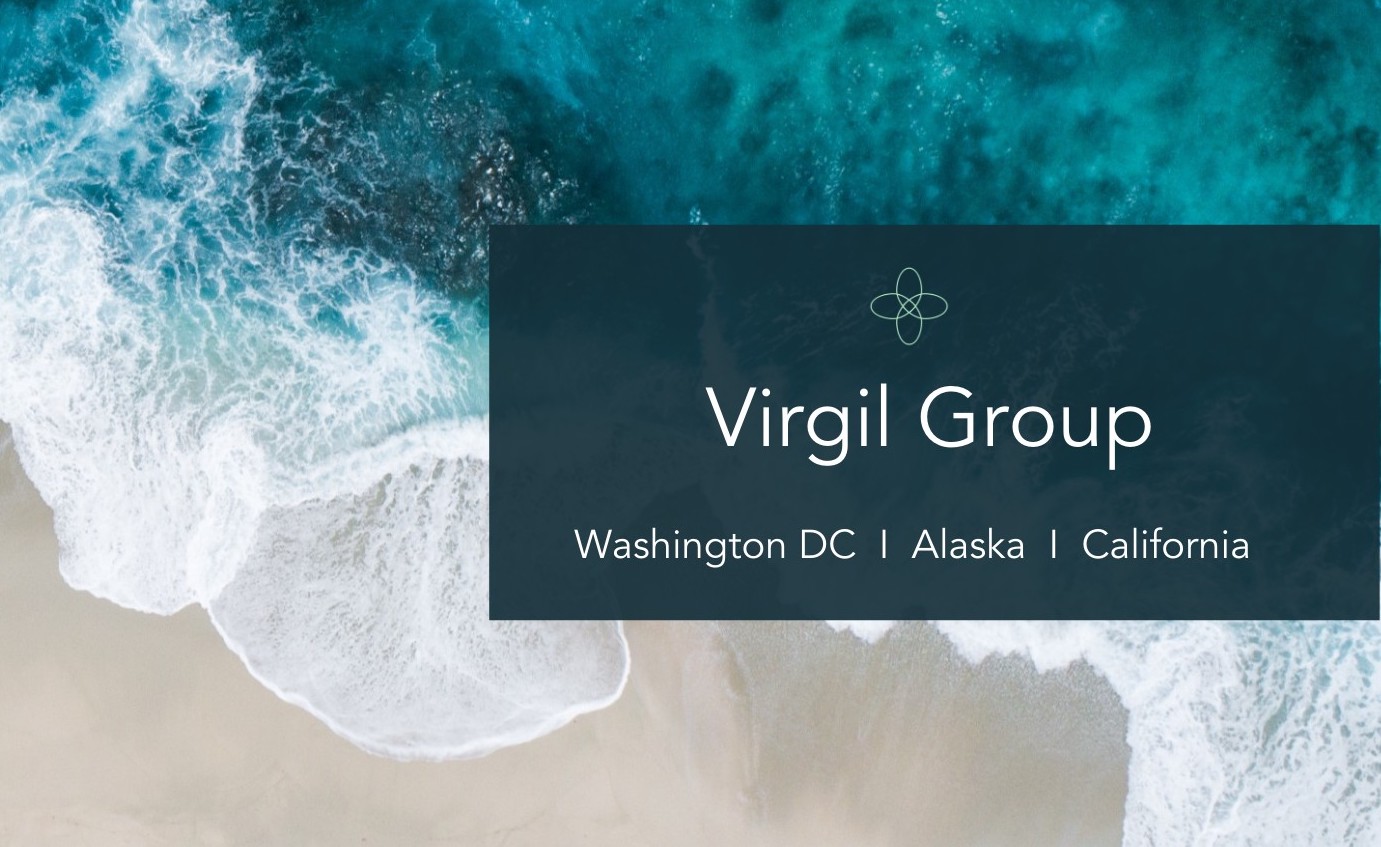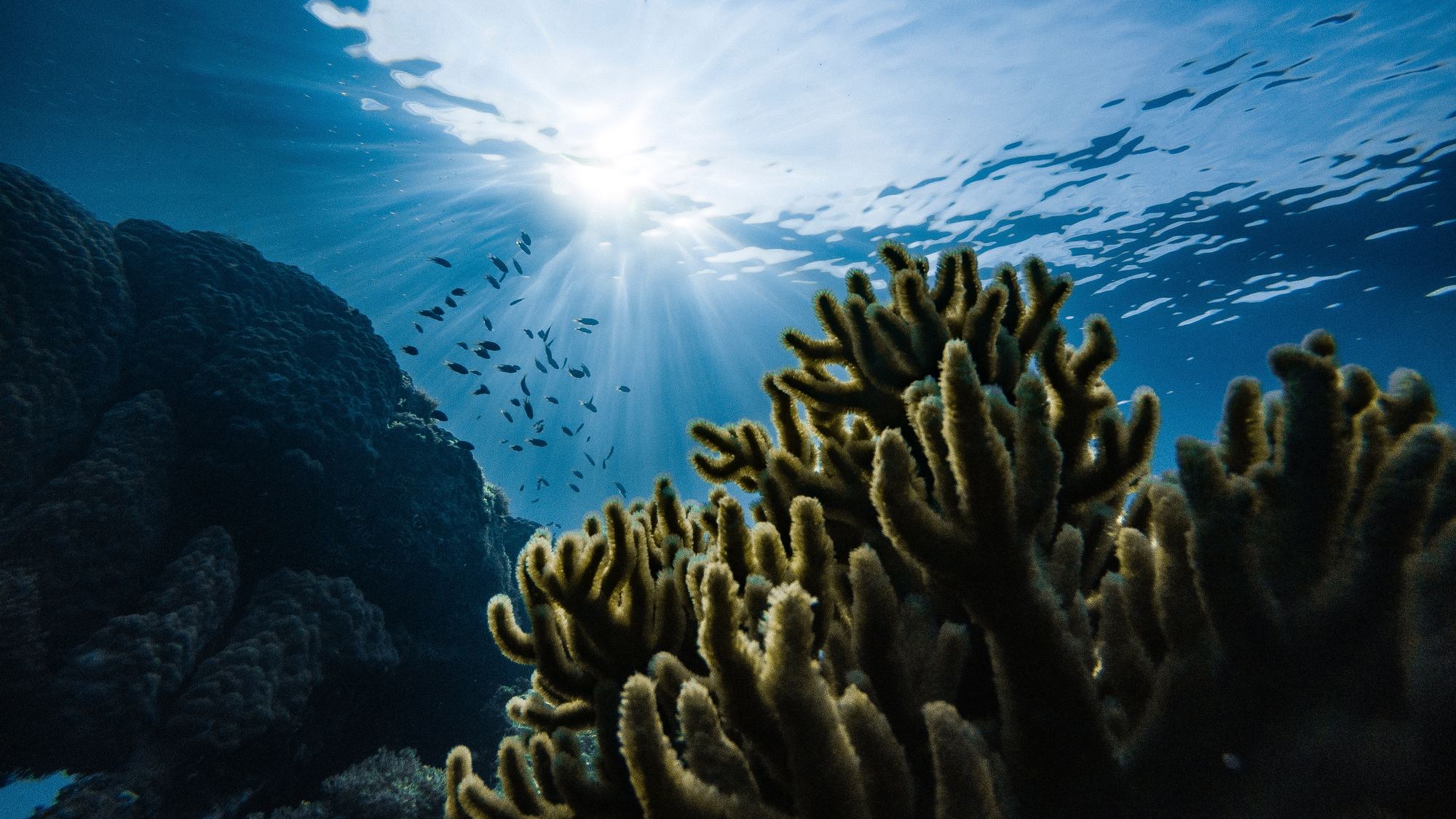
Q&A with Virgil Group: How Governments Can Overcome Barriers to Create Seafood Traceability
In early 2021, SALT launched the Comprehensive Traceability Principles to help governments in seafood producing countries adopt electronic seafood traceability systems that address ecological, social, and economic objectives. To bolster the SALT team’s expertise in working with governments around seafood traceability, SALT partnered with Virgil Group, an environmental consultancy with extensive experience in government engagement in global seafood trade and traceability.
SALT: Can you summarize your work with SALT?
Virgil Group (VG): We prepared a series of three reports for SALT on supply chain digitization [making the seafood supply chain electronic] covering 1) cultivating political will for change, 2) managing interoperability and digitization, and 3) overcoming institutional barriers. We also hosted sessions on these topics with the FishWise team. As a company with both software development and regulatory experience, we were able to offer a unique perspective on government operations to implement cross-government seafood traceability efforts from start to finish. We also proudly serve on the SALT Advisory Committee!
SALT: Can you tell us about your organization and who was involved with this project?
VG: Virgil Group is a startup environmental consultancy that Celeste Leroux founded in 2020 – we are obsessed with finding innovative ways to support responsible, sustainable commerce. Most of our work is in the oceans and seafood arena, but we have colored outside the lines a bit with projects on social welfare and land management. We also bootstrapped the development of award-winning software that verifies seafood traceability data for the first time and will be launching that product for beta testing soon. Our Vice President, Heather Brandon, and Celeste worked collaboratively on this project. We absolutely loved working on this series and hope that as producer countries develop their seafood traceability efforts they, and the staff at FishWise will find our experiences and recommendations helpful.
SALT: What do you think are some of the most universally effective ways to create political support for seafood traceability policy?
VG: Messaging to like-minded stakeholders is not enough to build lasting political will. Take the time up front to consider how to frame a policy goal through the lenses of human health, national pride, security, and social or environmental good – this creates what we call a ‘big tent’ full of messages that can be leveraged with a variety of audiences. On a tactical level, try to engage policymakers directly. Digitization of seafood traceability data is a niche issue, so find the people who can make a difference and get to know them.

SALT: How do you think government agencies can work better together to create more effective seafood traceability programs?
VG: Data sharing is probably the number one hurdle that government agencies face today. Many government agencies that could go digital still operate with paper and scanned records because sharing data effectively is a time-intensive interagency effort that requires authority, funding, leadership, vision, cooperation, and technological capacity. Agencies can work better together to realize the benefits of shared digital data by assessing their legal, behavioral, budgetary, and procedural barriers to interagency collaboration and establishing a clear agreed-upon path forward with milestones and deadlines for deliverables.
SALT: What do you think is the biggest challenge for seafood producing country governments creating digital traceability programs?
VG: For those countries that don’t issue or collect basic fisheries data such as vessel or fishing licenses, that will be an enormous hurdle. For countries that do already issue and collect these key data elements, the biggest challenge will be to move away from paper records to those that are ‘born digital’. We can see in some US programs that there was slow progress away from paper records to scanned images to using software to read the scans to finally records that are ‘born digital’. That is one way to go about it, but we hope that countries with the means to do so will elect to ship over all of those cumbersome upgrades and begin with digital record keeping. This will make system management, data sharing, and analytics far easier and more cost-effective in the long run.
Virgil Group’s insights help SALT communicate the Comprehensive Principles and Pathway with seafood producing country governments so they can create seafood traceability programs that work for their country, fisheries, and needs. If you are interested in learning more about the Comprehensive Principles and how they might benefit your work, please reach out to SALT.
Seafood producing countries (also known as source countries) are an essential audience and stakeholder for SALT. Seafood producing country audiences includes groups from fishers to government and industry, and those working with them, such as NGOs.
SALT classifies and prioritizes seafood producer nations in developing countries mostly focused on places where USAID or USAID Missions or foundations work. An illustrative list of countries includes Ghana, Indonesia, Mexico, Pacific Islands, Philippines, Peru, Senegal, and Thailand.
